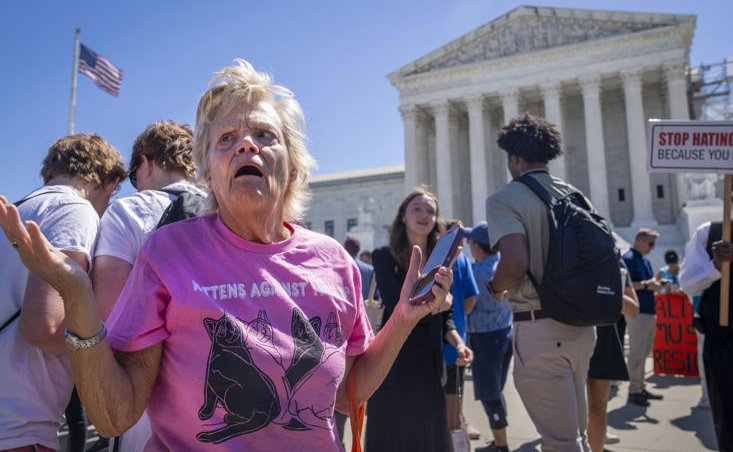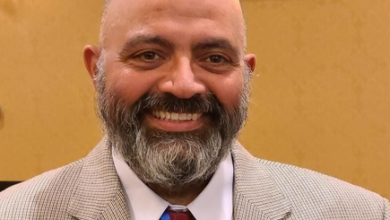Supreme Court Grants Broad Immunity to Ex-Presidents, Affecting Potential Trump Trial

The U.S. Supreme Court recently ruled that former presidents possess broad immunity from criminal prosecution for actions taken while in office. This decision significantly impacts the potential for a trial involving former President Donald Trump before the upcoming election.
Background and Legal Precedents
The case against Trump centers on his alleged attempts to subvert the 2020 election results, leading to a four-count federal indictment. Trump’s legal team argued for immunity based on the precedent set by Nixon v. Fitzgerald (1982), which grants former presidents absolute immunity from civil lawsuits for official actions. They extended this argument to criminal prosecutions, asserting that Trump’s actions were within the scope of his presidential duties.
Supreme Court’s Decision
The Supreme Court’s ruling acknowledges the unique nature of presidential duties and the need to protect former presidents from legal actions that could politicize their official conduct. Chief Justice John Roberts and Justice Brett Kavanaugh, both appointed by Republican presidents, were pivotal in questioning the lower court’s approach, suggesting a nuanced interpretation of presidential immunity.
Impact on Trump’s Trial
This ruling effectively delays any potential trial against Trump until after the 2024 election. Legal experts note that the decision introduces complexities in distinguishing between official and private actions of a president, a process that could extend legal proceedings well beyond the election. This delay benefits Trump, allowing him to avoid a pre-election trial that could influence his candidacy and the electoral process.
Broader Implications
The decision has far-reaching implications for the balance of power and the accountability of former presidents. While it aims to prevent the criminalization of policy differences, critics argue it could enable former presidents to evade accountability for misconduct. The ruling underscores the tension between protecting the presidency’s integrity and ensuring that former leaders are not above the law.
For more detailed information, you can refer to articles from Washington Examiner, WHYY, and The Hill.





